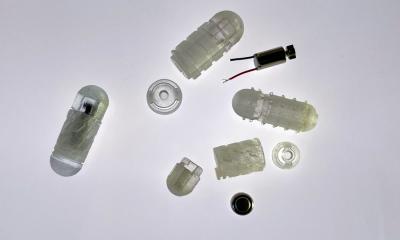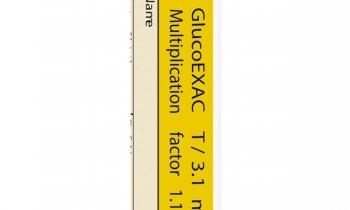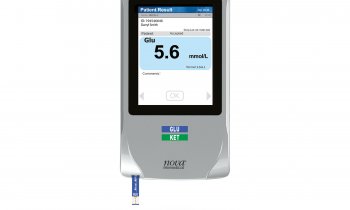Concern over insulin drug withdrawal
Drug company Novo Nordisk’s decision to pull its Mixtard 30 insulin drug from the UK could add almost €11 million to the NHS drugs bill in England alone, according to an editorial in the Drug and Therapeutics Bulletin (DTB). This decision could also leave thousands of patients dependent on others to help them take their insulin, said DTB, as it launched its Don’t Drop Mixtard 30 campaign in an attempt to convince Novo Nordisk to change its mind.
Citing commercial reasons, in late June the pharmaceutical firm announced its intention to withdraw its only conventional human biphasic insulin, Mixtard 30, from the UK market by the end of 2010.
The move will affect an estimated 90,000 patients across all age groups with Types 1 and 2 diabetes who need insulin treatment. Guidelines on the care of patients with diabetes, including those issued by the National Institute for Health and Clinical Excellence (NICE), recommend human biphasic insulin as the treatment of choice for these groups.
There are alternative biphasic analogue insulins, but these are all more expensive. ‘Assuming a direct swap to Novo Nordisk’s analogue biphasic insulin, NovoMix 30, the increased prescribing costs could be over £9 million in England alone,’ DTB pointed out. ‘This is quite apart from the extra resources needed to review patients, to discuss and decide on alternative treatments, and the disruption and concern such changes may cause for affected individuals.’
The decision also means that biphasic insulin will no longer be available in the ergonomic InnoLet device, which ‘…could therefore leave many users who have poor eyesight or reduced manual dexterity, dependent on others for their insulin administration,’ added DTB.
Published evidence shows that the alternative biphasic analogue insulins are no better than conventional human biphasic insulins in terms of their effectiveness, long term outcomes, or safety.
But Novo Nordisk’s biphasic analogue insulin is prescribed 50% more often than Mixtard 30, DTB pointed out, possibly because it comes in a particularly convenient pen format (FlexPen).
‘It is possible that the decline in Mixtard 30 sales...could have been prevented if it had also been available in the FlexPen,’ commented DTB, adding that the drug is available in this format in Germany, where there do not seem to be any plans to withdraw it.
‘My personal experience is that patients prefer the FlexPen for their biphasic insulin. It’s very easy to use,’ said Dr Wing May Kong, a member of the DTB editorial board and consultant endocrinologist at Imperial College London. ‘It makes me wonder to what extent this drift from conventional to analogue insulin is device driven,’ she said in an accompanying podcast. German healthcare professionals, she added, had lobbied for conventional insulin to be available in the FlexPen.
The leading charity Diabetes UK has also remonstrated with Novo Nordisk about the drug’s withdrawal in this country.
DTB is running an online petition at www.dtb.bmj.com to protest Novo Nordisk’s decision, and said: ‘We urge all those with an interest in cost effective prescribing to campaign with us against Novo Nordisk’s short-sighted decision.’
* Drug and Therapeutics Bulletin is one of more than 30 specialist titles published by BMJ Group: www.dtb.bmj.com
07.09.2010










